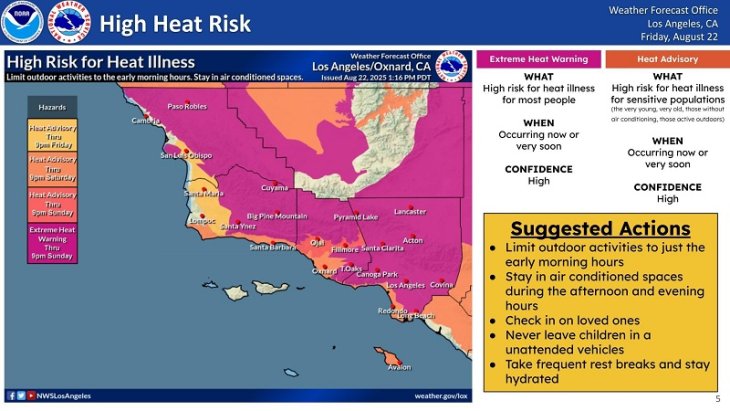By Barbara Bishop
When it comes to enjoying the great outdoors, mosquito bites seem to be an unavoidable evil, especially in warm, humid weather like we’re having lately.
When you get a bite, mosquitoes inject a proboscis, which looks like a tiny straw, to suck up tiny amounts of your blood and release anti-clotting agents. The immune system reacts by releasing histamine, which creates a small, itchy bump. Lovely.
Mosquitoes love me; I was in Italy a few years ago and opened the unscreened windows of my hotel room when I went to bed to get a whiff of some fresh Italian air. Little did I know Florence was having an unusual amount of mosquitoes that year. I woke up with no less than 20 bites all over my body. Sexy.
Just recently, I was walking my dog, and after the walk, we sat outside of my house on the front door stoop, taking in the cool evening breezes. The next day, I woke up to five new mosquito bites. Awesome.
I consulted the medical experts on the Internet; they suggested staying indoors. That’s not going to happen with my active lifestyle, but while I was on line, I found some natural, everyday items that one can use to help the swelling and itching. Here are a few:
Rubbing Alcohol: If you catch the bite soon after the mosquito bites you, quickly wipe the bite with rubbing alcohol. Rubbing alcohol has a cooling effect when it dries, which may relieve itching. Avoid using too much alcohol as it can irritate the skin. Using a cotton ball might be wise.
Honey is an antiseptic and antibacterial ingredient that also has wound healing properties. It reduces inflammation and can also help prevent infection. Don’t wear it outside, though, because the honey’s sugar can attract more mosquitoes. That’s funny…
Oatmeal has active properties that help soothe insect bites and allergic reactions, chicken pox, and dry skin. You can add oatmeal to a bath or apply it as a mask on your bug bite. Make a paste by adding a little water to colloidal oatmeal and apply to the affected area. Wash it off with warm water after 15 minutes. You can also add honey to your paste for extra benefits. Moisturize with a cream after. But don’t go outside with that honey on your body! Lol.
Tea’s anti-inflammatory effects may help with the swelling. Soak a bag of green or black tea and pop it in the fridge to cool it down. Apply the cold tea bag over the bite to ease the itchiness. At the same time, you can put the tea bags on your eyes to reduce any swelling you may have from other things, like not getting enough sleep. I love “killing two birds with one stone.”
Basil has chemical compounds that can relieve itchy skin. You can apply basil oil like a lotion or make your own at home. To make your own rub, boil 2 cups of water and 1/2 an ounce of dried basil leaves. After the mixture cools, dip a washcloth into the pot and apply it on the affected area. For a more immediate treatment, chop up fresh basil leaves and rub them on your skin. I’ll use the extra basil for a sauce I’m making later.
Aloe vera gel is shown to have anti-inflammatory properties for wound healing and calming infections. The cool feeling of the gel may also soothe any itchiness. Keep an aloe vera plant around the house. You can cut the leaves and apply the gel directly.
Some creams use garlic extract due to its wound healing and anti-viral properties. But don’t rub garlic directly on your skin. Raw garlic can increase skin irritation and inflammation. Instead, dilute minced garlic with coconut oil and apply that to the affected area for a few minutes. That leftover garlic will go with the sauce I’m making!
See a doctor immediately if you are having an anaphylactic reaction to the bite. This is a life-threatening condition. You can tell if you are having this reaction if you:
- break out in hives
- start wheezing
- have difficulty breathing
- feel as if your throat is closing up






















